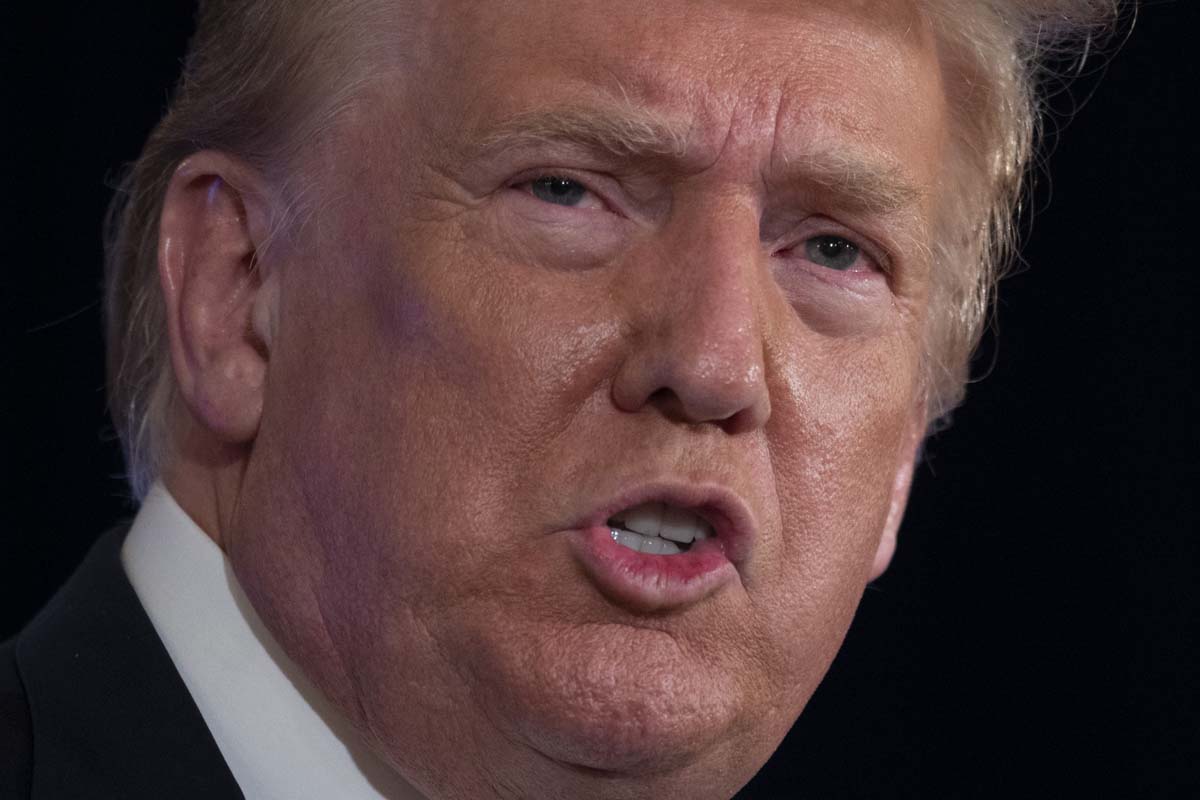Former U.S. President Donald Trump recently unleashed a powerful verbal rebuke directed at Dmitry Medvedev, the high-ranking former Russian president and current deputy chairman of Russia’s Security Council, marking a significant escalation in a public diplomatic exchange.
Trump, known for his unvarnished communication style, issued a direct warning to Medvedev via his Truth Social platform, advising him emphatically to “watch his words.” This stern admonition came after Medvedev made critical comments regarding international stability and perceived escalations of demands by certain global figures, which Trump deemed “very dangerous territory.”
Medvedev had previously voiced sharp criticisms, accusing some political figures of pushing international tensions to precarious levels. His statements suggested that intensifying demands in certain geopolitical arenas could lead to broader, unintended global confrontations, extending beyond immediate bilateral disputes.
In his highly charged remarks, Medvedev articulated a clear message about national sovereignty and the critical implications of issuing ultimatums in international discourse. He underscored that such demands are perceived as threats, potentially moving international relations closer to profound instability rather than resolution.
This diplomatic confrontation unfolded in the wake of Trump’s own recent public demands for a swift halt to ongoing military campaigns within a specific, abbreviated timeframe. Trump had also threatened to impose severe economic repercussions, including sanctions and additional tariffs, if his demands were not met, intensifying the pressure in an already sensitive global environment.
Beyond the direct exchange with Medvedev, Trump utilized the same platform to address broader economic policy, specifically dismissing any notion of robust economic partnerships with certain nations. He stated unequivocally that he held no interest in the economic paths of countries like India and a particular European nation, suggesting they could pursue their economic trajectories independently.
Furthermore, Trump leveled criticism at the existing economic interactions between the United States and India. He argued that trade barriers imposed by India were exceedingly high, significantly limiting the scope of business between the two nations and hindering potential collaborative growth.
He concluded his remarks on international trade by emphasizing the minimal economic ties between his own country and the aforementioned European nation. Trump explicitly stated his preference for maintaining this limited commercial relationship, signaling a clear stance on future economic engagement.






Leave a Reply